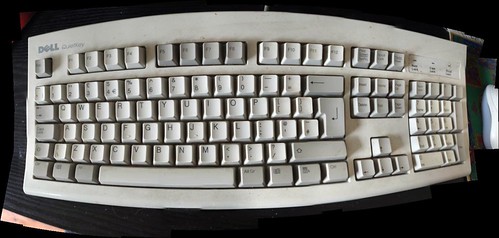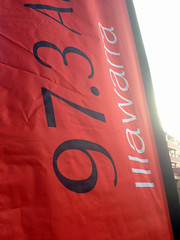 |
| These organisations are co-ordinating efforts in Oz |
An estimated 4 million users worldwide are.
DNSChanger is a piece of malware which redirected people's internet connection through certain servers, directing them to fraudulent websites and opening them up to various nefarious activities. Last year the FBI tracked down the cyber-criminals responsible, and shut down their operation.
However many users were still having their internet connections directed through the servers. The FBI maintained the servers to prevent these users being cut off, but on July 9th they will be shut down. After that date any user still being routed through them will find that they can probably no longer connect to the internet.
Users need to check that their machines are not affected.
The Australian Government has set up a website so that you can check the statues of your machine:
http://dns-ok.gov.au/If your machine is affected you should follow any instructions given. The site also has a number of useful links giving more background on the DNSChanger. Removal of the malware is quite tricky and you should contact your preferred computer maintenance people to deal with it.
(Note: Some computers may show clean, but actually be affected. This is because some ISPs have taken steps to reroute their users away from the malicious servers. At this stage I am not sure what the long-term effect of this is.)














